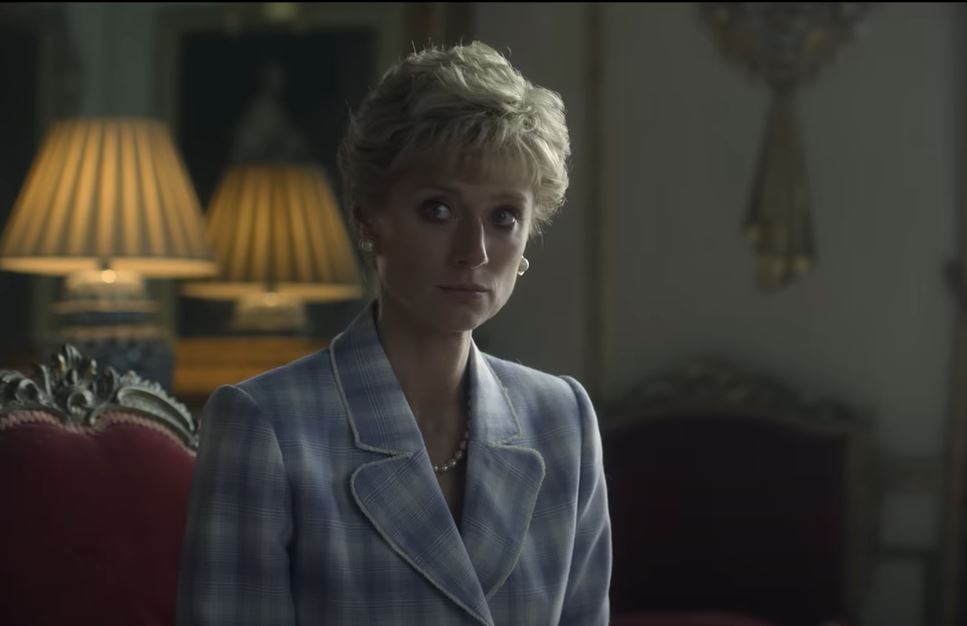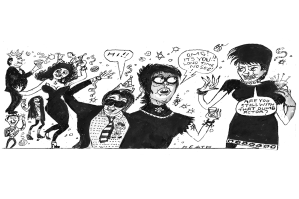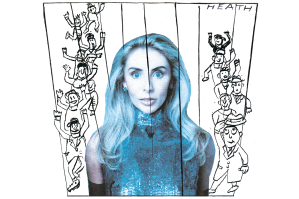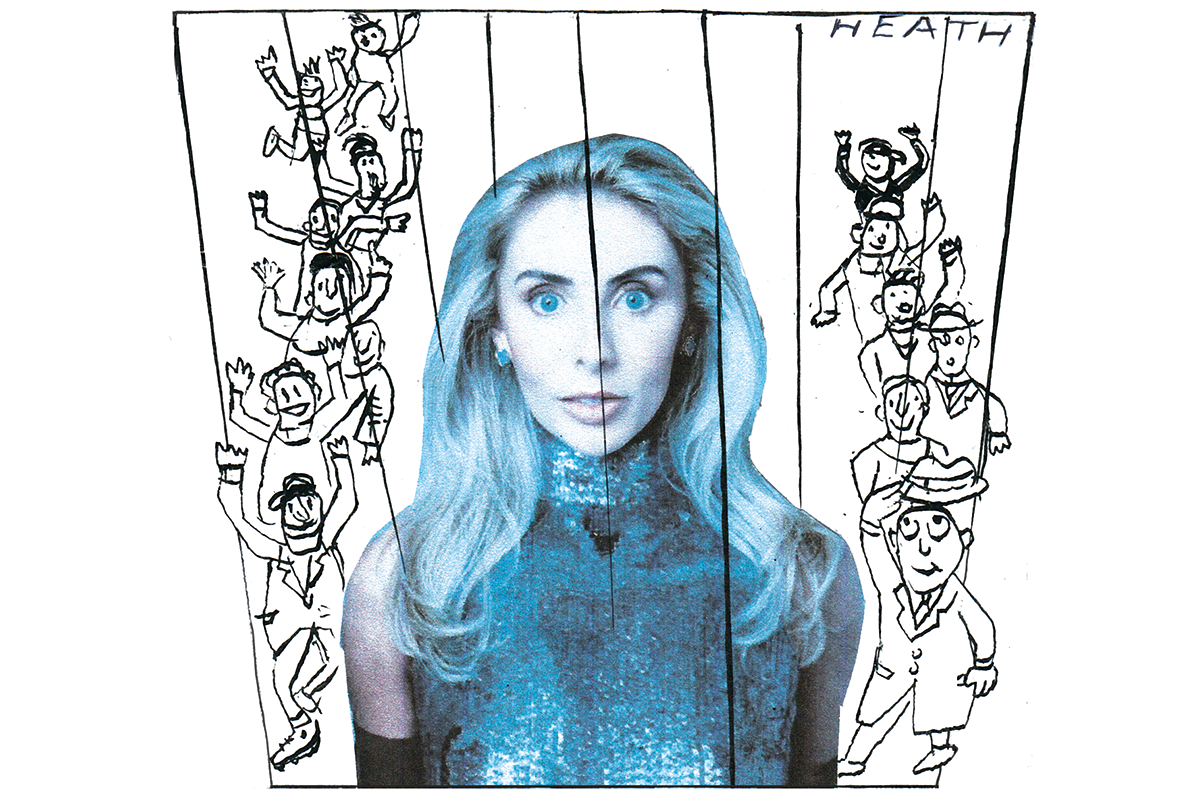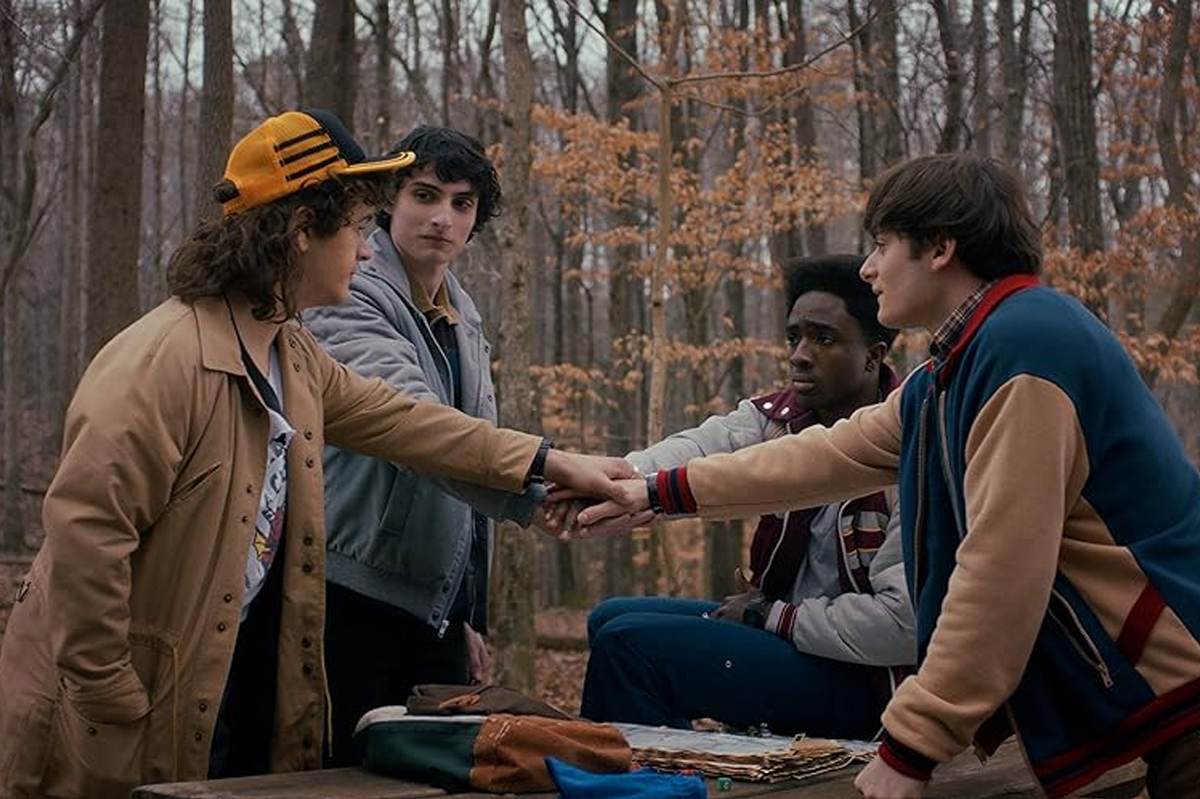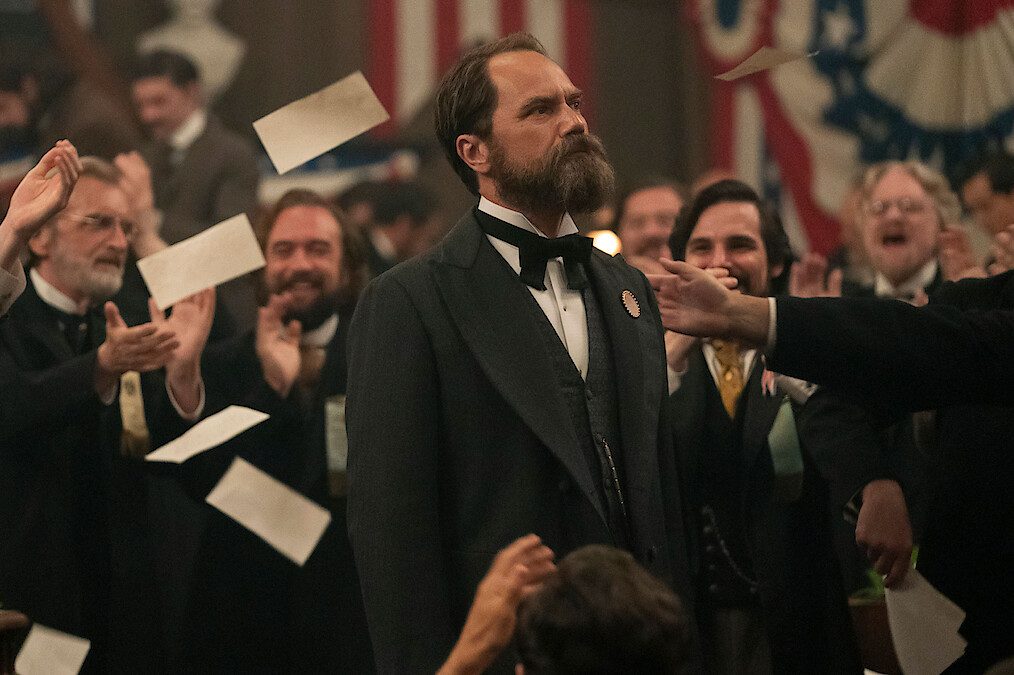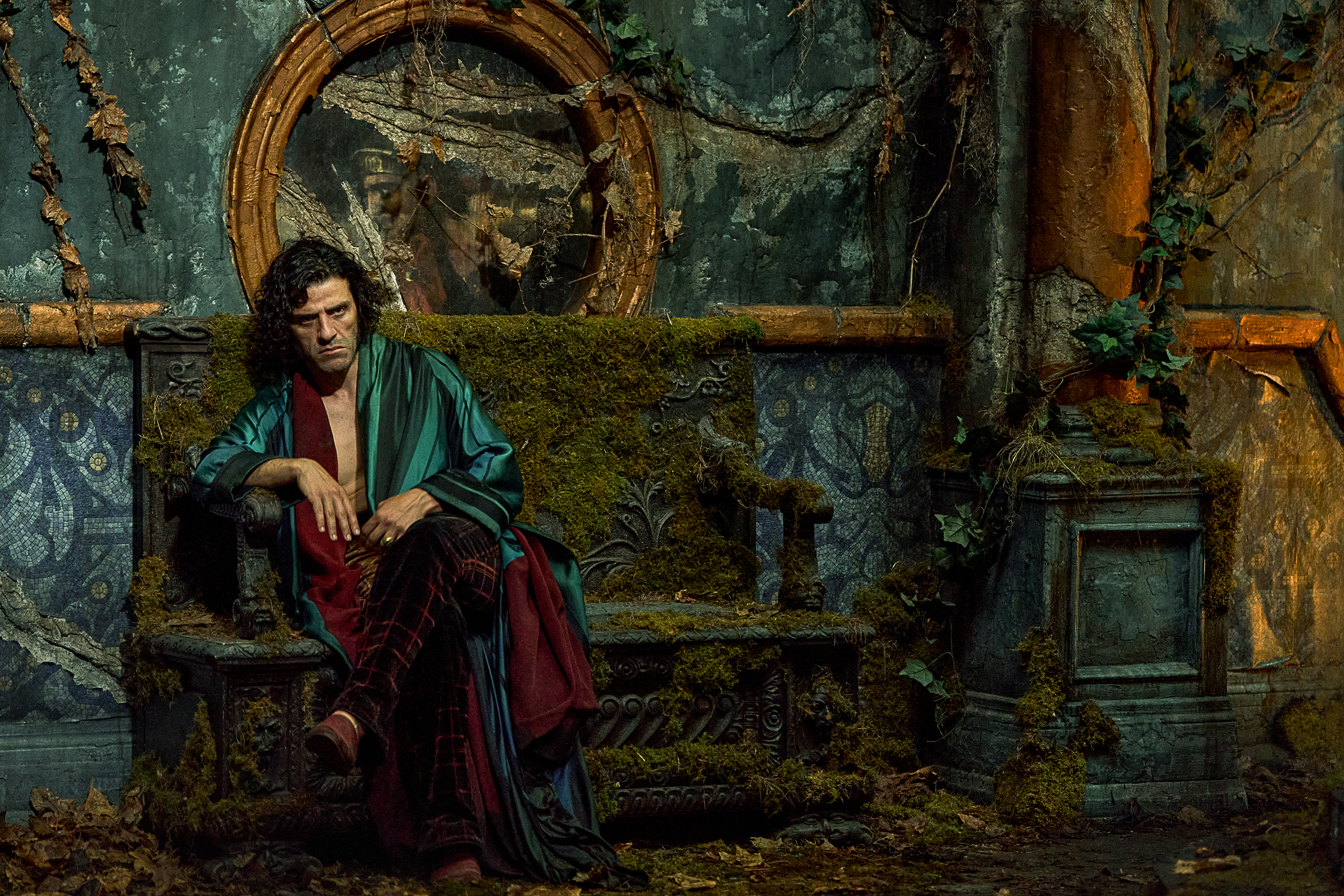In a matter of a few weeks, the fifth series of Netflix’s The Crown will be upon us. Scripted, as ever, by Peter Morgan, the show will cover the travails of the Royal Family throughout the ’90s, concentrating on everything from Prince Charles and Princess Diana’s marital difficulties and eventual divorce to the rumors of Prince Philip conducting an affair with a much younger woman (his partner in carriage driving, we are told).
Jonny Lee Miller, erstwhile Sick Boy from Trainspotting and Sherlock Holmes from Elementary, dons thick glasses and a grey wig to play former British prime minister John Major, a decent man who never stood a chance. Later in the series, we are promised the first appearance of Bertie Carvel as Tony Blair, who will come into his own in the sixth and final installment.
So far, business as usual. But what is different this time around is the unprecedented level of controversy over the show’s inventions and exaggerations. It’s been all the more heightened because The Crown will premiere on Netflix on November 9, a mere two months after the death of Elizabeth II.
A journalist from the Sunday Times was granted a preview of the new series and reported that some of the more contentious storylines include a scene in which Dominic West’s Prince Charles asks Major if pressure could be put on his mother to abdicate so that he might inherit the throne, with heavy innuendo about Philip’s “friendship” with Countess Mountbatten of Burma. An “acquaintance” of the real-life Countess said, “This is indeed an ill-judged, unnecessarily unsympathetic and unfortunate decision. I imagine it is, however, carefully considered and very deliberate in that it has done what was probably intended in garnering media attention and therefore publicity for this continued work of republican fiction.”
The Crown has always trod a fine line between gossipy entertainment and reasonably diverting historical recreation. But now the floodgates appear to have opened. Major himself has called the series “a barrel-load of nonsense,” seemingly displeased by his being portrayed by a one-time husband of Angelina Jolie. And the much-beloved actress Judi Dench has called the show “an inaccurate and hurtful account of history,” one that is “both cruelly unjust to the individuals and damaging to the institution they represent.” Dench has called upon the show to be broadcast with a disclaimer saying it is clearly a work of fiction. As she wrote in a letter to the Times, the disclaimer should be added “for the sake of a family and a nation so recently bereaved, as a mark of respect to a sovereign who served her people so dutifully for 70 years, and to preserve their own reputation in the eyes of their British subscribers.”
As someone who has always enjoyed The Crown while groaning at some of its more egregious historical inaccuracies, I cannot see that there is any special need for Netflix to kowtow to the pressure. Yet I’ve speculated before as to just how far the show will end up going. The recreation of Princess Diana’s death in the final series offers endless opportunities for mischief-making, not least if the writers decide to delve into some of the murkier conspiracy theories around her death. There is always the question as to whether the show — as elegantly made and superbly acted as it is — exists primarily as upmarket entertainment, or for its tens of millions of viewers to indulge their most National Enquirer fantasies.
Still, I know what I’ll be watching on November 9, and beyond. But if you hear loud groans and “Oh, you’ve got to be kidding!” you will know why.



